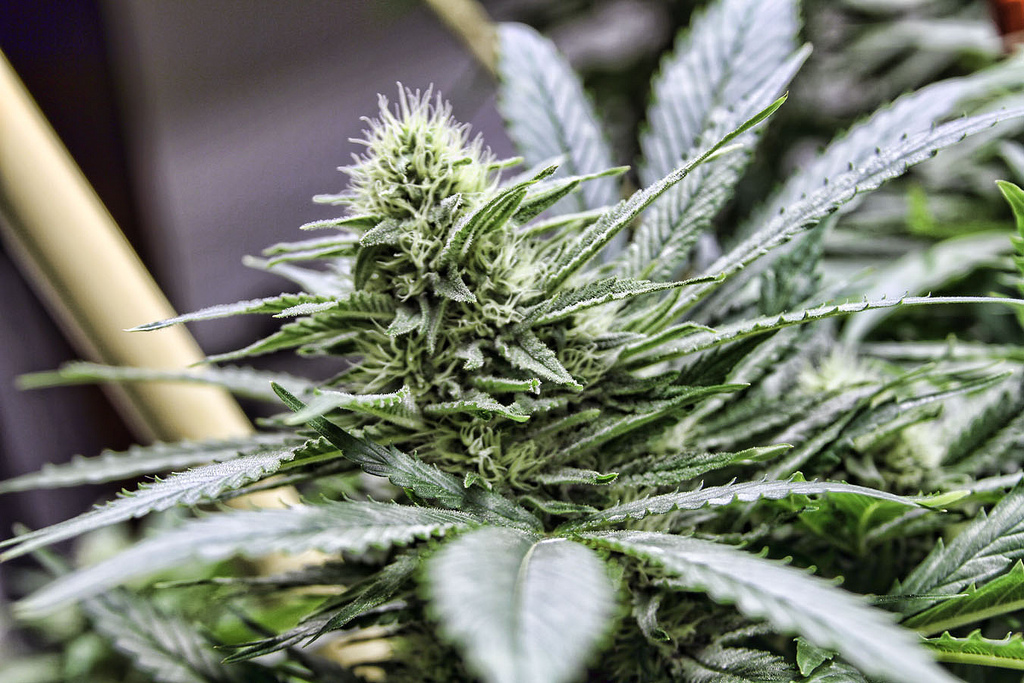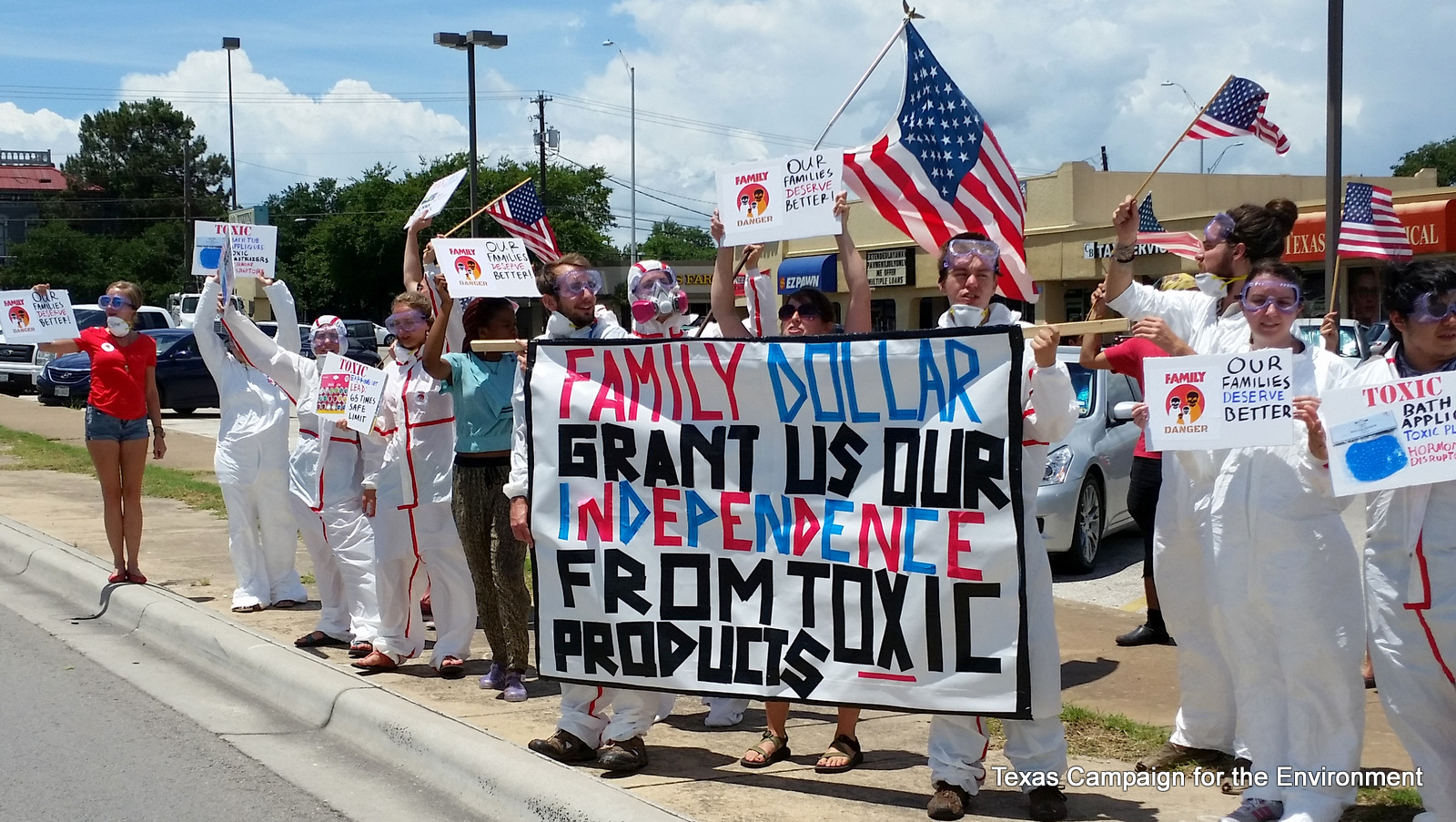Aid money to Palestine ends up benefiting the Israeli economy, and may even help perpetuate the occupation, according to an analysis published last year.
Published by Aid Watch Palestine, a Palestinian NGO that scrutinizes the spending of foreign relief money, the September 2015 study by Shir Hever suggests that at least 72 percent of foreign aid actually ends up back in Israeli hands.
Palestine’s economy is dependent on foreign aid, although foreign nations sometimes pledge more than they actually give. The World Bank reported that of $3.5 billion pledged to Palestine in 2015, “only 35 percent has been disbursed, $881 million less than what was supposed to be disbursed so far” by September.
“[D]espite over two decades of sustained aid, the occupation has not come to an end and Palestinians are not yet sovereign in their own country,” Hever noted in the report. “The question that arises is not only whether aid is effective, but whether it also causes harm.”





